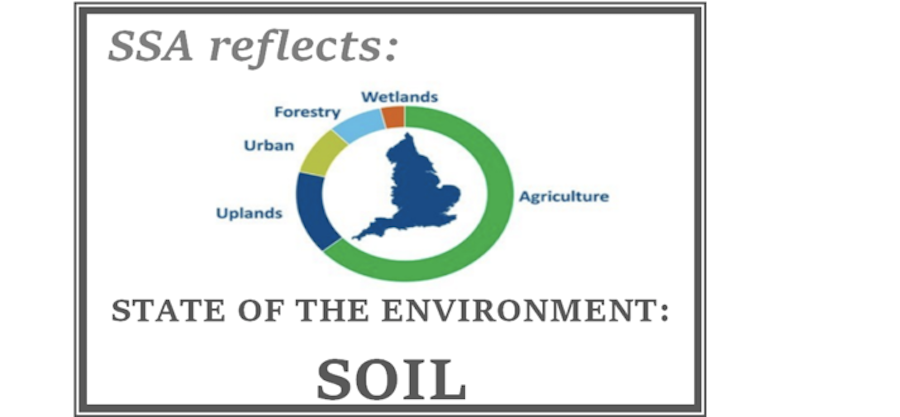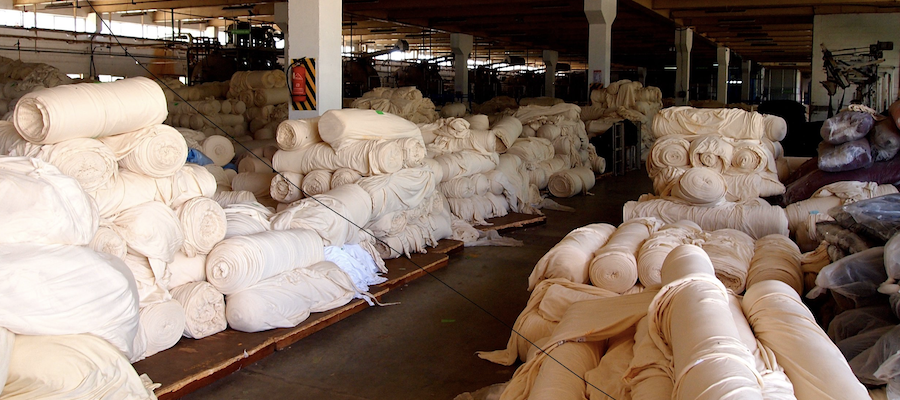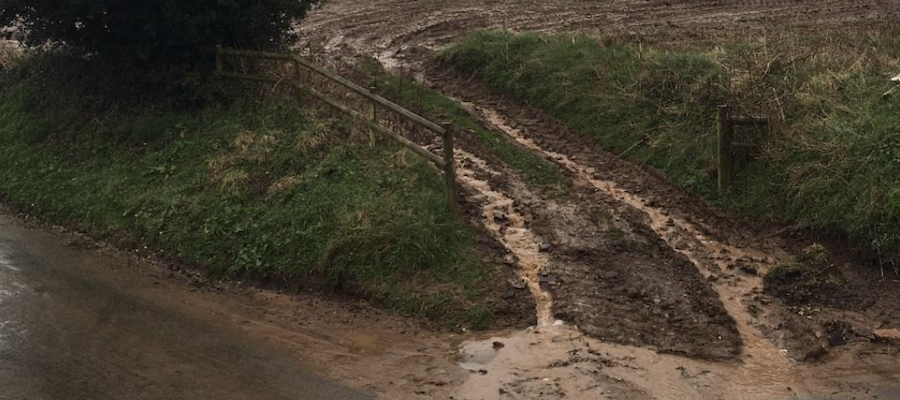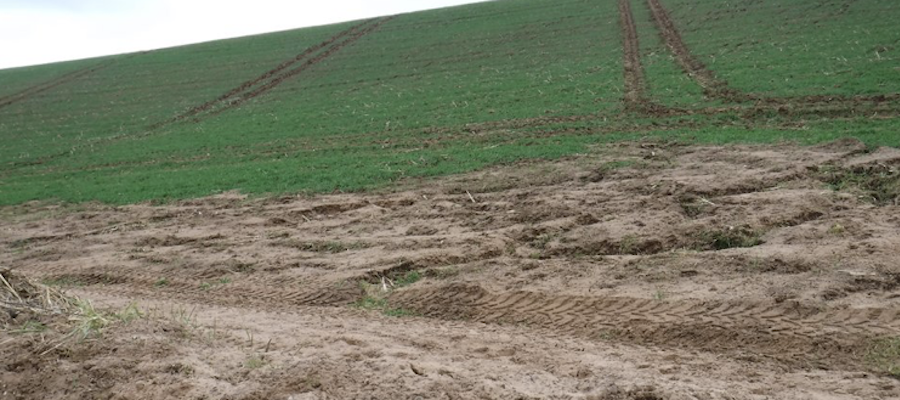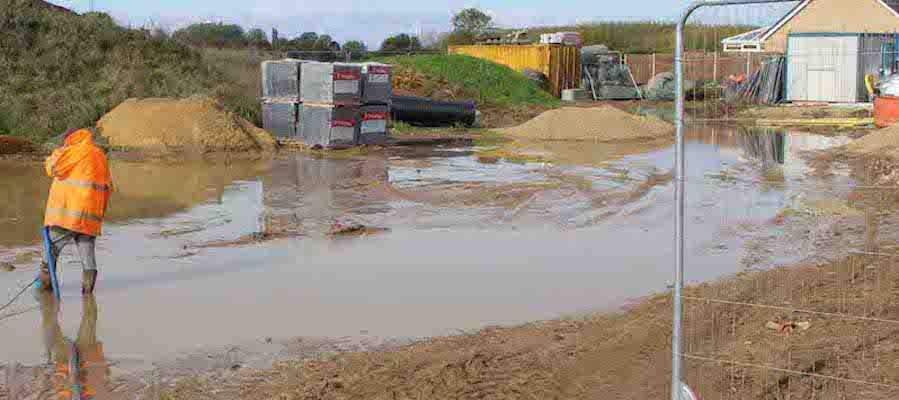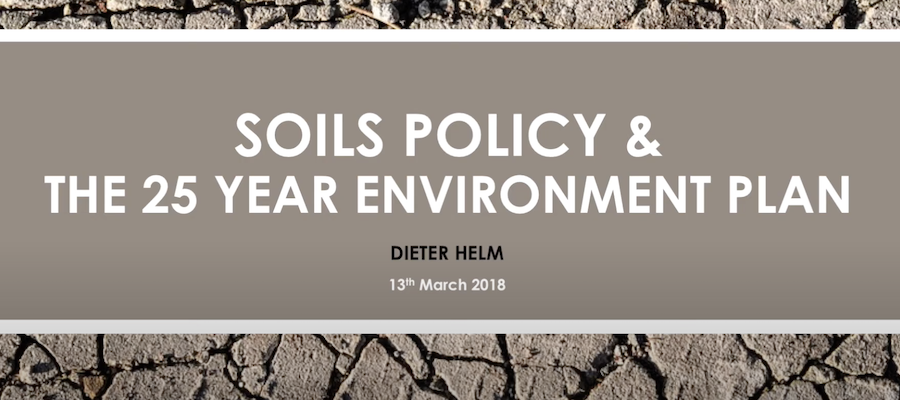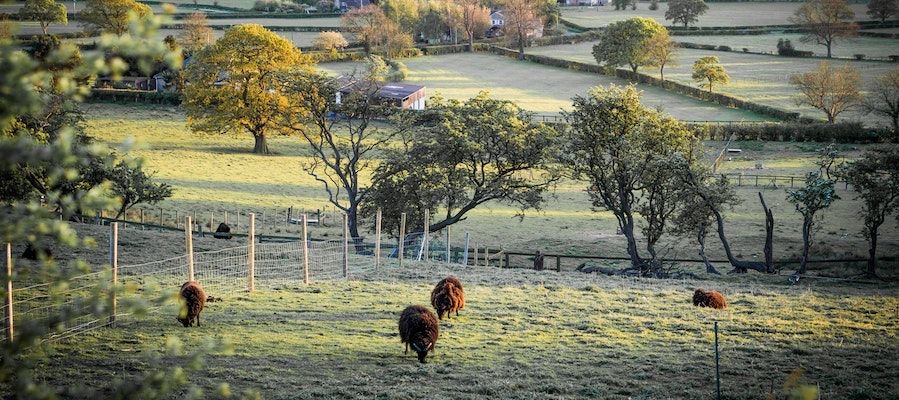Third Party Articles
Academic, opinion and thought-pieces from Alliance members and supporters.
Ellen Fay, SSA
The need for a soil health framework to support policy development: Why scientists must join up, align and underpin policy. SSA founder Ellen Fay writes for the World Congress of Soil Science.
Ellen Fay, SSA
Why asking how 'many harvests are left' misses the point. For many years, perhaps decades, there was a resounding silence as far as soils are concerned.
Matt Aitkenhead, James Hutton Institute / Aidan Keith, UK CEH
Why is it necessary to monitor soil carbon? For many reasons, both old and new. In the last 150 years, soil organic matter (which is 50-60% carbon) has gained greater acknowledgement as a vital ingredient of soil health…
Abby Rose, Soilmentor
Learnings from Al Gore’s Climate Underground conference: The ‘sinking carbon’ question was one of the most debated topics at the conference. One of the key themes of the first panel was the idea of optimising farming approaches for soil health as opposed to carbon sequestration…
Matthew Orman, SSA
It would be a shame and a mistake to overlook the progress that the environment as an issue has made since 2017. As a soil-focused organisation we’ve considered the manifestos through the prism of agro-environment policies, including nature-based solutions in the battle against climate change….
Simon Parfey, SoilBioLab
When we look down at the dark soil, what can we see? Thousands upon millions of bacteria - all like little stars. Microorganisms working away, binding the soil & generating food for plants whilst living their microscopic existence.
Eliza Jenkins, Sectormentor
At Sectormentor for Soils - an on-farm soil health monitoring & assessment system - we’ve been researching the science behind earthworms. Here we summarise 4 of our favourite papers from the European Journal of Soil Science.
Matthew Orman, SSA
On the day of release of the Environment Agency report for England, the State of the Environment: Soil, SSA Director Matthew reflects on soil’s current place in policy and the significance of the highlighted soil health problems & solutions.
Rebekah Smith
Cotton accounts for c.40% of global textile production. Key issues relating to cotton and soil management are chemical use, fertility depletion, pollution & erosion.
Iain Fraser, University of Kent
There are many benefits associated with optimal soil management not captured by the market and ignored when making decisions on soil management.
Richard Smith, Environment Agency
I have been working for the last 30 years dealing with runoff causing pollution and flooding, and have dealt with many soil problems over this period.
Yog Watkins, Westcountry Rivers Trust
There is a growing interest in the use of natural flood management to slow the flow of water through river catchments.
Richard Morrish, Consultant
Engineers view soils solely as a building material. They are only really concerned with their bearing strength, drainage capabilities and whether they harbour any contaminants. Architects have little interest in soils beyond the engineer’s advice for foundation design.
Sue Everett, Ecologist
A new study has found pesticide residues in the soils of 11 European countries in 6 different cropping systems…
Iain Fraser, University of Kent
The new Agriculture Bill marks a profound change in design, delivery and rationale of UK agricultural policy...
Geoffrey Matthews, International Consultant
Prof Dieter Helm signals the beginning of a 25 year challenge to operationalize ‘development for sustainable survival’…
Iain Fraser, University of Kent
The 25 YEP has implications for future policy design, implementation (especially compliance monitoring, regulation and enforcement) and evaluation…
Anna Krzywoszynska, University of Sheffield
The critical tension between a farmer’s environmental responsibility and need for productivity was laid bare at Groundswell’s recent event on soil regeneration….
Craig Sams, Carbon Gold
Forestry and farming are the cheapest and most effective routes to taking carbon out of the atmosphere and sequestering it in soil, trees and buildings….







